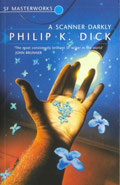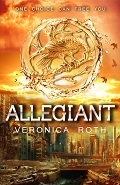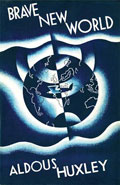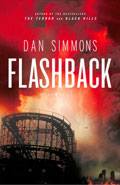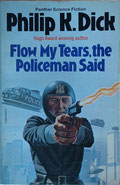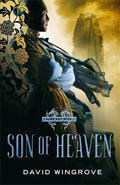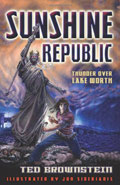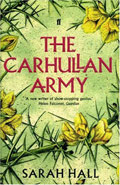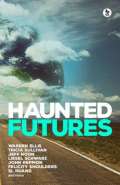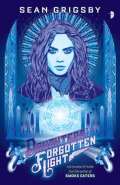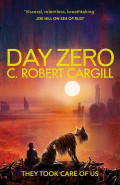Do Androids Dream of Electric Sheep
By Philip K Dick
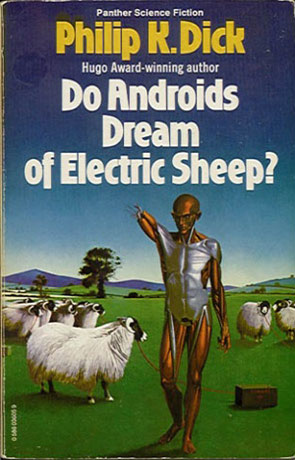
- Do Androids Dream of Electric Sheep
-
Author: Philip K Dick
- Publisher:
- ISBN:
- Published: November 1968
- Pages: 210
- Format reviewed: Paperback
- Review date: 15/10/2010
- Language: English
- Age Range: N/A
Do Androids Dream of Electric Sheep, the classic novel that became the film Blade Runner. Written by legendary award winning author Philip K Dick.
The aftermath of the World War Terminus sees a devastated Earth with severe radioactive fallout and most of nature destroyed. Many of the survivors have fled to other colonies in the Solar System and those that have stayed have found a very different world they now have to survive in. Most animal life has been wiped out and the "dust" has a deliberating effect on the surviving animals and humans, warping their genes, destroying their intelligence and reducing many of them to "chickenheads".
The greatest status symbol in this post-apocalyptic world is to own a real life animal and the more exotic, or rare the more prized. The creation of artificial life (androids) has developed to such an extent that having a robotic pet is quite viable, and a more cost effective option for those who can't afford the real thing. Human androids have also become popular on the off world colonies, created on Mars where they are used as a slave race. On an all too frequent basis however these androids go rogue and head to earth to hide away and escape a life of servitude. All human style androids are illegal on earth and there are departments setup on to hunt down these rogue simulants. Rick Deckard is one such bounty hunter, with a depressed wife and an electronic sheep, dreaming of the day he can retire enough "andys" (nickname for androids) to own a real animal again.
His job however is becoming more and more difficult as androids become increasingly sophisticated and telling them apart from the real thing is getting tougher and tougher, the only real way to tell being a lack of empathy in these artificial forms. As a result the bounty hunters administer an empathy test on suspected androids, using a machine known as the Voight-Kampff that measures the empathic results of pre-set questions.
Most people will probably know of this story through the 1982 Ridley Scott film Blade Runner, which starred Harrison Ford as the world weary Deckard. The film was critically acclaimed and is seen by many as a true classic, winning a total of 9 awards including a BAFTA, a Hugo and a Saturn. The film though is a very different story to the book and for this reason the story that is remembered by many differs vastly from the original Philip K Dicks novel. Philip K Dick is known to have despaired over the changes made in the film and the fact that it became so highly regarded couldn't have helped. Though the film did take quite a bit from the book, there is many differences and as such personally I feel that they should really be considered seperate entities, I love the film and the book but do treat them as 2 different stories.
Philip K Dick's vision of a dystopian post-apocalyptic earth is a seminal work of science fiction, created in 1968 it was way ahead of it's time and predicted such technology as the video phone.
There are many ideas subtly played throughout the novel, while on the surface we've got the examination of the human condition which asks questions about identity and altruism, we've also got the religious theory of Mercerism - a pseudo-religion that offers many a clearly false hope. This is way before Philip K Dick's life changing visions and as a result the religious aspect is downplayed much more than his later works. Then there's the mood-machines that allow you to just dial up any mood you want (even depression). The Backdrop of a startling but realistically portrayed future earth where just about all plant and animal life have died out as a result of the World War and any remaining real life animals are prized above all else is just priceless and unique.
As with the majority of Philip K dicks work there are a lot of rough edges to the writing, much of the time he presumes the reader will figure out which dialog is spoken by who but this is just part of his style. Do Android's Dream of Electric Sheep is a work of literary genius that can be enjoyed on many levels from a simple psychological thriller to a social commentary about the human condition. A thought provoking journey through a rich and fascinating dystopian landscape, completely original and utterly compelling.
Written on 15th October 2010 by Ant .
